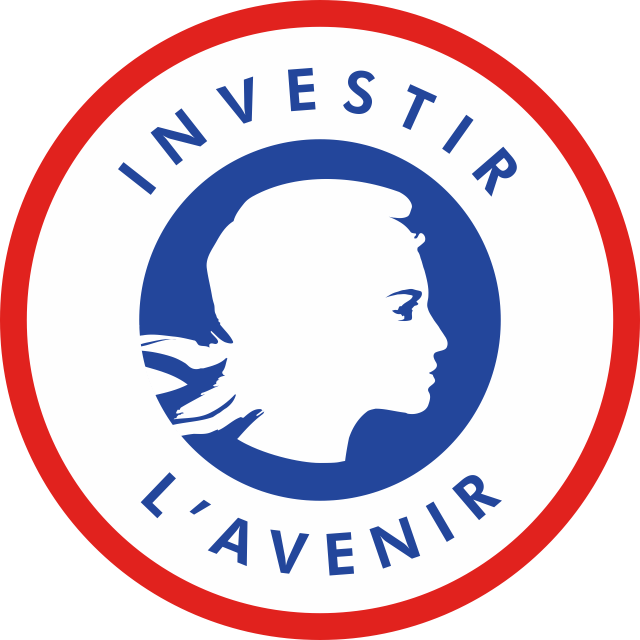Forecasting Crop Yields from Data, Models, and Expert Knowledge
Date: 6 - 7 December 2018
Location: AgroParisTech premises, 19 Avenue du Maine, 75015 Paris
This workshop provided a unique opportunity for research scientists, engineers, and students to learn about recent crop yield forecasting techniques. Yield predictions are an essential source of information for a diversity of stakeholders. Policy makers or commodity traders can adjust their import/export plans and prices as a function of seasonal yield predictions. Farmers can directly benefit from crop yield forecasts by optimizing their management strategies, sometimes getting a better income. Yield predictions are also useful to help collecting firms planning their grain harvest and storage, and to support the decisions of companies investing in regional agricultural activities. Finally, yield forecasts can be incorporated in crop insurance systems to cover the risks of severe losses due to adverse climate conditions. Potential benefits obviously depend on the reliability of yield forecasting systems. The use of inaccurate predictions can lead to poor decisions and have negative socio-economic impacts. It is thus crucial to compare several forecasting systems and select the best ones.
Crop yield forecasting systems rely on expert knowledge, remote sensing data, field observations, mechanistic and/or statistical models. Several of these techniques can be combined in order to improve the accuracy of forecasts. The recent development of machine learning methods offers new opportunities to synthetize various sources of information. A great diversity of methods is thus currently available, but the comparative advantages of recent methods compared to more traditional techniques are still poorly informed.
The workshop aimed at providing an overview of different types of yield forecasting methods and of their performances. The first part of the workshop was dedicated to plenary presentations of invited speakers, while the second part was dedicated to the presentation of the results of a data challenge on yield forecasting. Methodological contributions and practical applications were both welcome.



